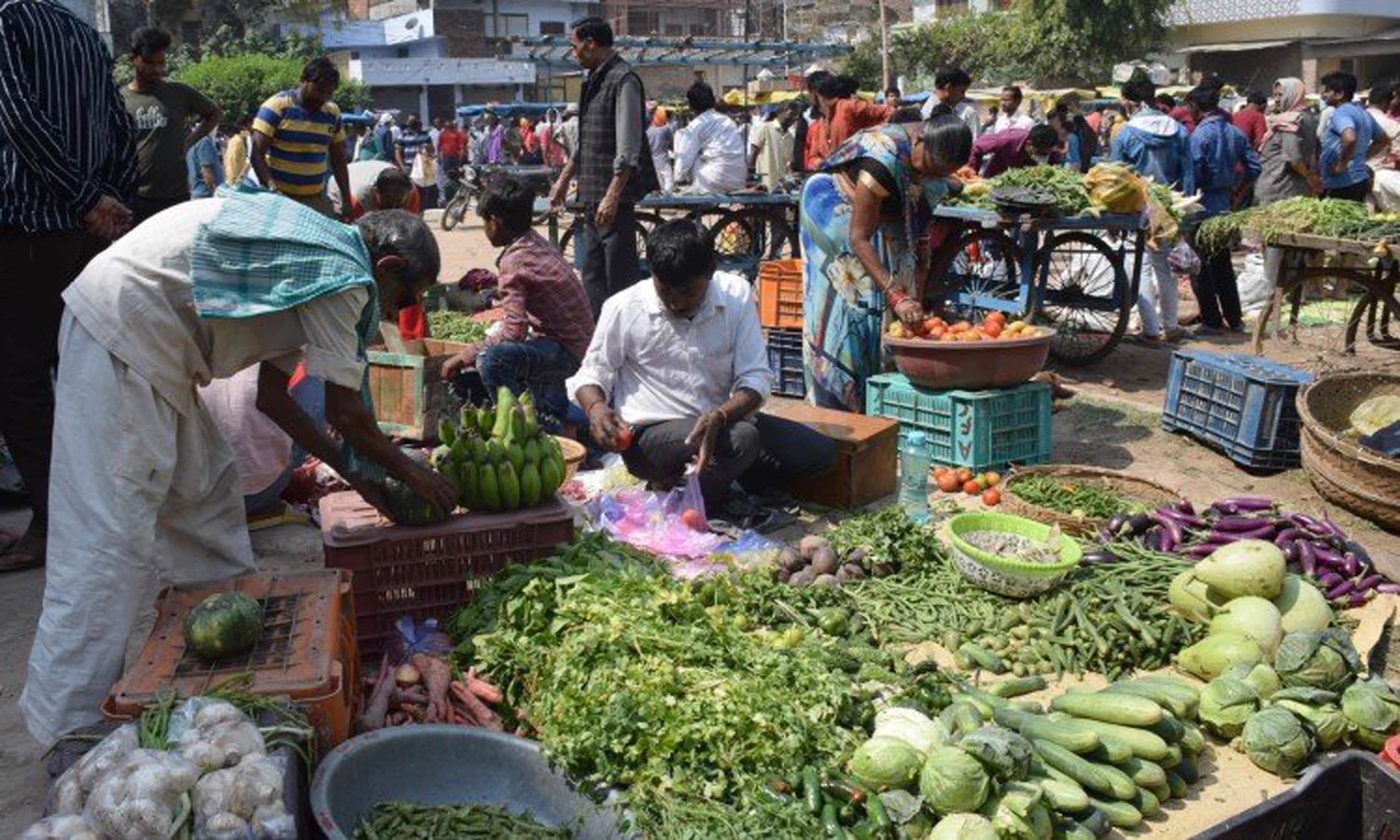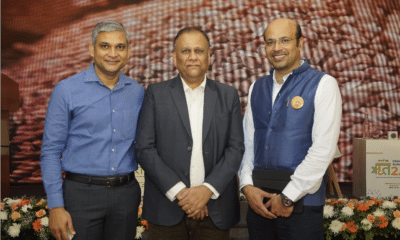Agriculture
PM Modi once again highlights “need” for agricultural reforms
Not to let go off the new farm laws so easily, Prime Minister Narendra Modi has once again emphasized the need for agricultural reforms to help farmers realize better prices for their produce.
He has vigorously pitched for setting up more and more Farmer Producer Organizations (FPOs) across the country to get small and marginal farmers better access to technology, input, finance and market.
“We have to expand our country’s agriculture sector into the global market for processed food. We must increase the number of agroindustry clusters near villages so that people in villages get employment related to farming in the village itself,” Modi said.
Addressing a webinar on effective implementation of budget provisions for the agri sector, the prime minister emphasized the need for farmers to join hands as part of FPOs so that they could bargain for better prices. This was in concord with the government’s position that enhanced market access for farmers and incentives and opportunities for them to explore options beyond mandis would benefit the farm sector.
However, critics believe that by weakening the government’s price guarantee system, the new farm laws may end up hurting small and poor farmers, who form 80% of the sector and 23% of those who live below the poverty line. The ongoing agitation in Delhi by farmers and farmers’ unions from across India, especially from Punjab and Haryana, seeks to pressure the Centre to withdraw the laws.
Also Read: Reliance Industries keen to step into digital payments business
Their primary demand is for a statutory minimum support price (MSP), and their main objection is to the opening up of agricultural sales and marketing beyond regulated APMC mandis (government-approved wholesale markets). They believe this will kill the mandis and allow exploitative private players to set the terms of purchase from farmers.
PM Modi said FPOs were strengthening the cooperatives. He emphasized the need to explore ways to leverage the One District, One Product (ODOP) scheme to take Indian products to global markets. These products will be promoted in a cluster approach to increase the value of the products with the ultimate aim of increasing farmers’ income.







































